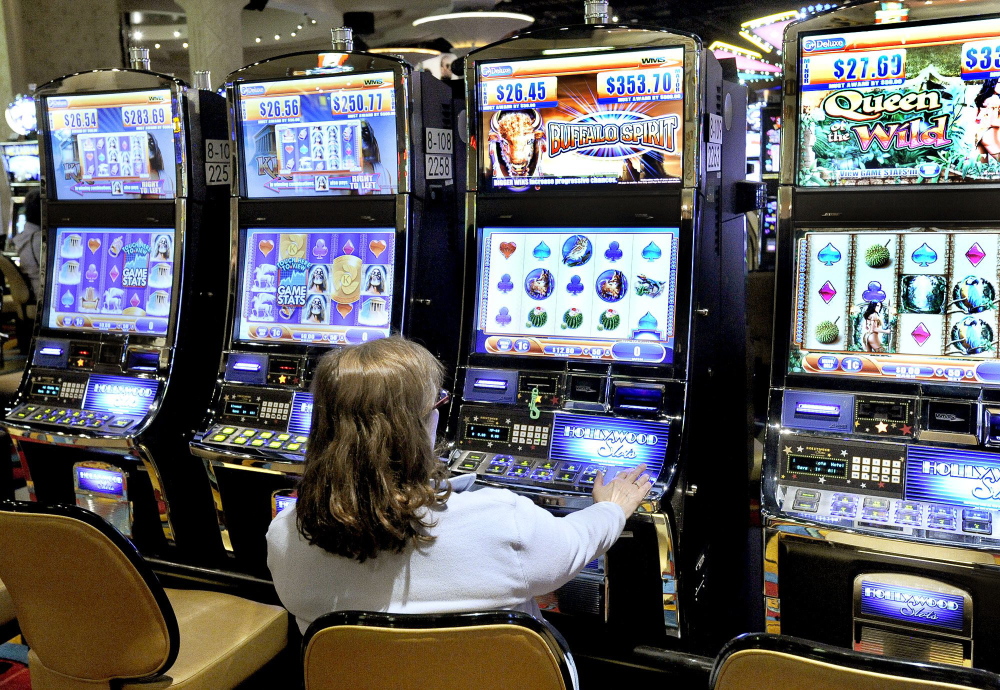There’s going to be a gambling measure on this fall’s ballot – but there doesn’t have to be just one.
A lot of people in Maine have raised a lot of good questions about Horseracing Jobs Fairness, the self-serving York County casino ballot campaign. So it’s a slap in their face that the firm that’s funding the campaign hasn’t presented satisfactory answers. By choosing to send only an unprepared attorney to this week’s public hearing on the casino bill, Bridge Capital has thrown down the gauntlet, and lawmakers should respond by crafting a competing measure that gives voters a real choice at the ballot box this fall.
Though it’s touted as a citizen initiative, the ballot question, if approved, would grant a casino license only to someone who owned at least 51 percent of a commercial racetrack in Penobscot County in 2003. In other words: Shawn Scott, a major player in the development of Hollywood Casino in Bangor. He’s also a principal at Bridge Capital, the offshore investment firm that is funding the casino referendum campaign.
Invited to testify before the Veterans and Legal Affairs Committee on Wednesday, Bridge Capital sent Dan Riley, an attorney they’d hired just before the hearing. He didn’t have much information to offer about his brand-new client – though he was able to confirm legislators’ suspicions that Bridge Capital intends to sell its rights to the casino if this fall’s ballot question passes, despite the framing of the measure as evidence of a commitment to bolstering Maine’s ailing harness racing industry. Nobody spoke in favor of the bill except Riley.
Backers collected enough signatures to put the casino proposal on the November ballot, so lawmakers can’t keep the measure from being put to voters. The Veterans and Legal Affairs Committee’s only other option is to recommend that the Legislature adopt the measure without a referendum.
So despite its obvious shortcomings, the Horseracing Jobs Fairness measure will appear on this fall’s ballot. But that doesn’t mean that it has to be the only such bill on the ballot. Lawmakers have the authority to amend the proposal so that the application process would be opened up and the state would get a bigger share of the proceeds. Then that version of the bill could be put before the people of Maine alongside the original.
Citizens could vote in favor of the original, or they could support the amended initiative. If neither option receives more than 50 percent of the vote, there would be a runoff to determine which one would become law.
The original Horseracing Jobs Fairness bill is a citizen initiative in name only, enabled by a Legislature that has taken a passive approach to the regulation of gambling for far too long. This has to change. Amending the casino referendum and sending it to this fall’s ballot will mean more work for Maine lawmakers, but it’s the route they should pursue.
Send questions/comments to the editors.



Comments are no longer available on this story